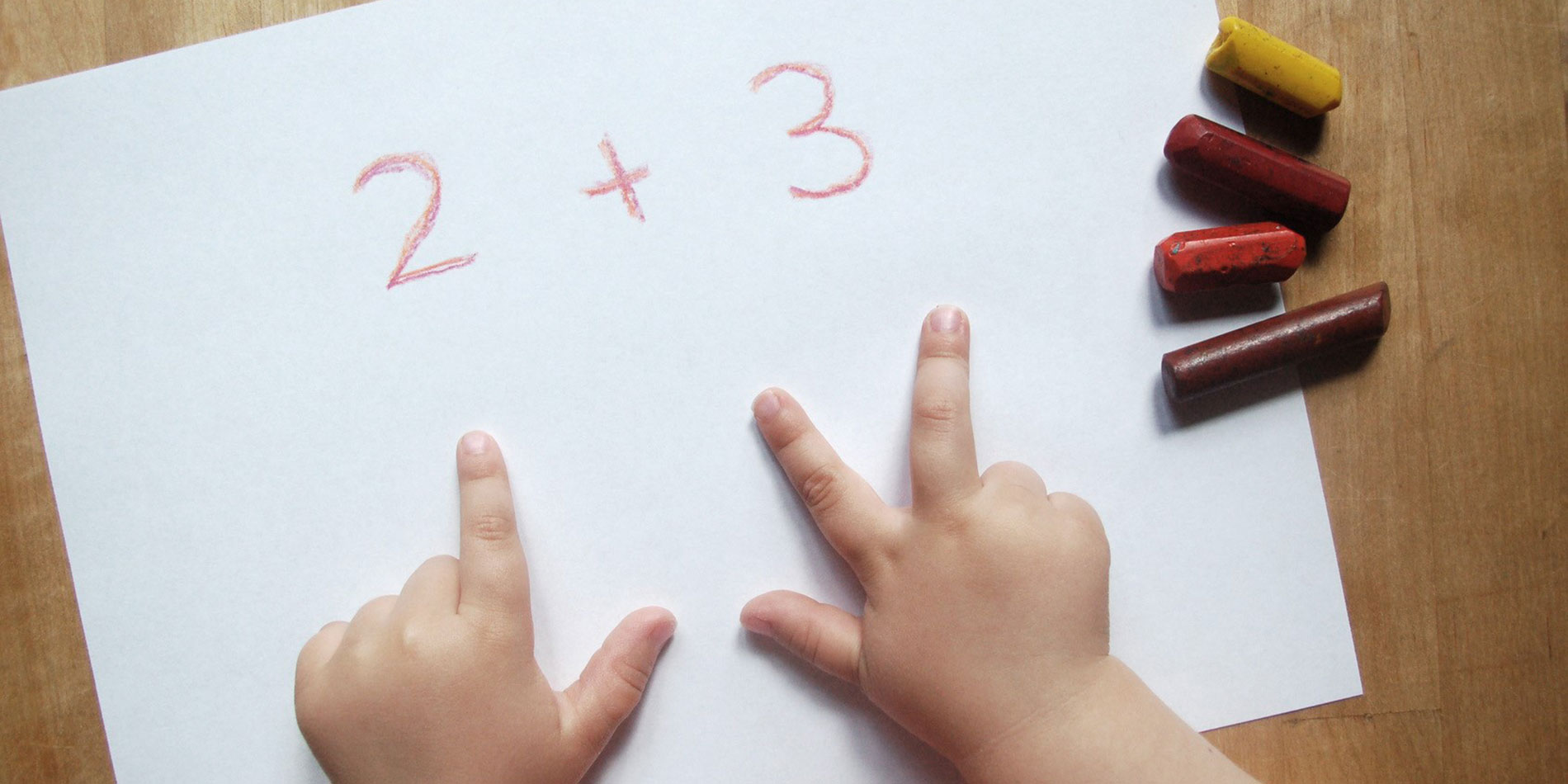Clever kids count on their fingers
There’s nothing wrong with counting on your fingers. In fact, it may mean you’re smarter.

Counting on your fingers – a successful early strategy. | Shutterstock/ZouZou
Some kids in their first year of primary school count on their fingers, while others don’t. But which kids are more likely to get their sums right? Most people would assume it’s the kids who do it in their heads. Many teachers think the same, and admonish their finger-counting pupils accordingly. But in fact, beginners in maths do sums better if they count on their fingers. What’s even more astonishing: they’re probably the more intelligent kids, too. At least, they get better results in the memory part of a conventional IQ test. These are the findings of Catherine Thevenot, a professor of psychology at the University of Lausanne (UNIL).
When kids count on their fingers, it’s not just as a stopgap because they can’t do it in their heads alone. “Counting on your fingers is in fact an achievement that not all of them can manage initially”, says Thevenot. “The kids first have to comprehend that fingers can signify numbers”.
But whoever uses just their fingers for addition won’t get very far, because it all stops at the number ten. That’s why cleverer kids soon change their strategy. They make a mental note of the bigger number, then count upwards by using as many fingers as are necessary to add the smaller number. This doesn’t help for long either, of course. When the numbers go even higher, then the fingers once again cease to do their job. At UNIL, Thevenot is continuing her observations on the development of child subjects, and anticipates that the cleverer ones will refrain from using their fingers by the age of about eight, while the others will stick with it a little longer.




